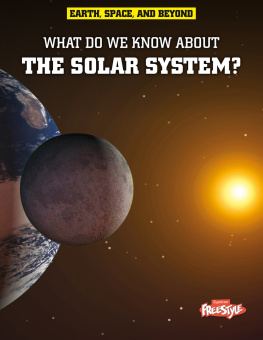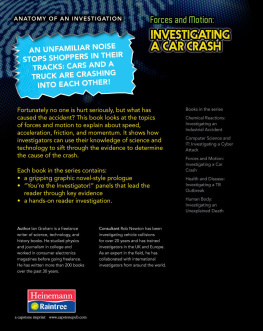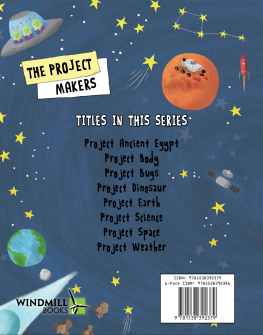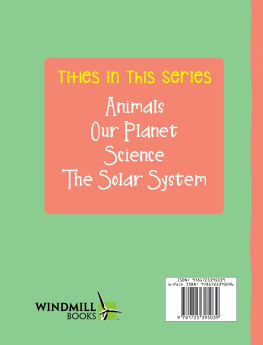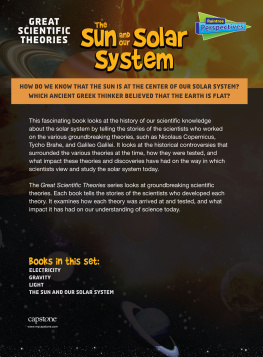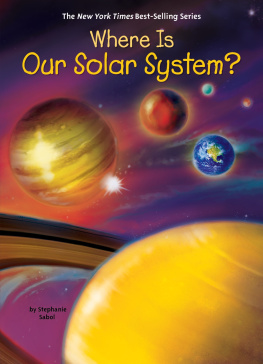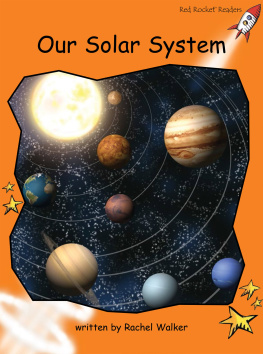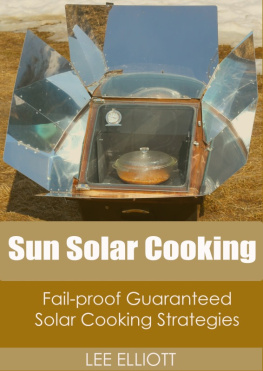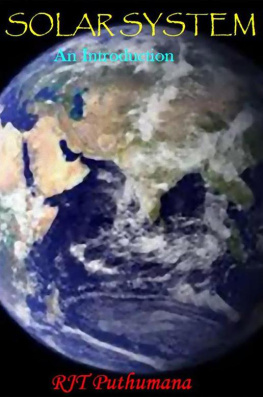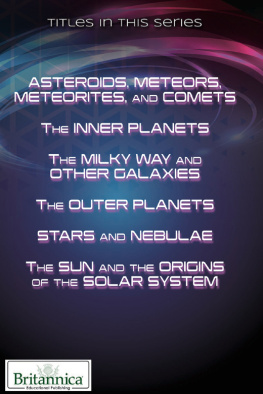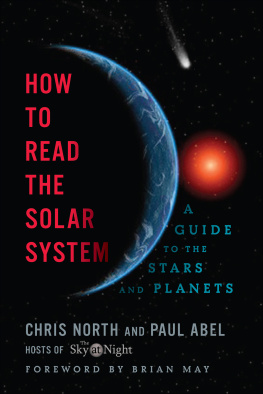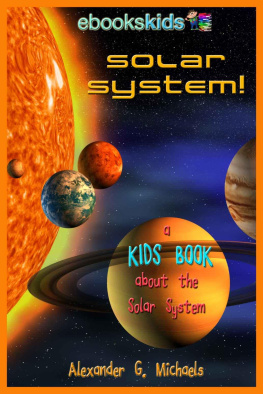Ian Graham - What Do We Know about the Solar System?
Here you can read online Ian Graham - What Do We Know about the Solar System? full text of the book (entire story) in english for free. Download pdf and epub, get meaning, cover and reviews about this ebook. year: 2011, publisher: Capstone, genre: Children. Description of the work, (preface) as well as reviews are available. Best literature library LitArk.com created for fans of good reading and offers a wide selection of genres:
Romance novel
Science fiction
Adventure
Detective
Science
History
Home and family
Prose
Art
Politics
Computer
Non-fiction
Religion
Business
Children
Humor
Choose a favorite category and find really read worthwhile books. Enjoy immersion in the world of imagination, feel the emotions of the characters or learn something new for yourself, make an fascinating discovery.
- Book:What Do We Know about the Solar System?
- Author:
- Publisher:Capstone
- Genre:
- Year:2011
- Rating:5 / 5
- Favourites:Add to favourites
- Your mark:
What Do We Know about the Solar System?: summary, description and annotation
We offer to read an annotation, description, summary or preface (depends on what the author of the book "What Do We Know about the Solar System?" wrote himself). If you haven't found the necessary information about the book — write in the comments, we will try to find it.
This book explains the evidence that supports our understanding of the solar system, including the very latest discoveries.
Ian Graham: author's other books
Who wrote What Do We Know about the Solar System?? Find out the surname, the name of the author of the book and a list of all author's works by series.

